Nature reports
Page 11 of 68 - 676 Results
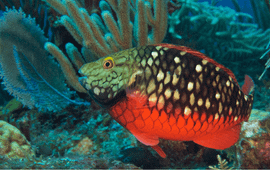
The Protocol for Specially Protected Areas and Wildlife (SPAW Protocol) stands as a crucial framework dedicated to safeguarding biodiversity within the Caribbean. Recent announcements within the SPAW Protocol have extended extra..
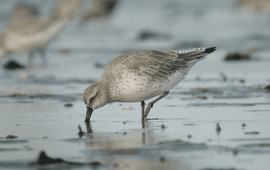
In any group of red knots, respective individuals exhibit a remarkable array of distinct character types. Birds with an exploratory character are motivated to investigate their environment and readily explore unfamiliar areas...
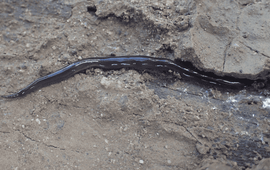
During the relay expedition of Naturalis and STINAPA on Bonaire, the invasive New Guinea flatworm was found in two places. That’s bad news, because it has been listed among the top 100 of the world’s worst invasive alien species..
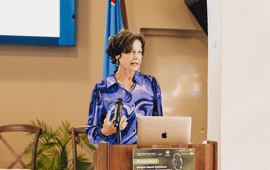
Professor Jacintha Ellers, a keynote speaker at the Dutch Caribbean Nature-Based Solutions Symposium, discussed the evolving nature conservation perspective and the urgent need for eco-centric strategies amid climate challenges...
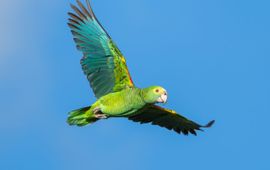
Fundacion Parke Nacional Aruba (FPNA) today announced the reintroduction of the locally extinct yellow-shouldered amazon, also known locally as ‘Lora’, back into Aruba’s nature...

In the symposium on Nature-Based Solutions for Ecosystem Restoration hosted by the Dutch Caribbean Nature Alliance and Fundacion Parke Nacional Aruba, Dr. Lawrence Jones-Walters of Wageningen University highlighted the NL 2120..
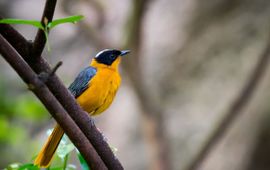
In a revelatory exploration of biodiversity, a recent study has exposed the universal principles governing the dominance and rarity of species across ecosystems. The researchers unveil that a mere few percent of all species wield..

On the mudflats along the Chinese coasts where non-desctructive forms of aquaculture are practiced, shorebirds like knots and bar-tailed godwits are doing relatively well. “The culturing of shellfish is by no means a way of nature..

During the Nature-Based Solutions for Ecosystem Restoration Symposium, Arno Verhoeven showcased a number of flourishing Nature-Based Solutions ongoing within the Dutch Caribbean. From community-driven endeavors in St. Eustatius to..
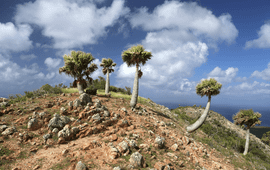
Scientists from CARMABI and Wageningen University and Research made a groundbreaking discovery this week: a previously unknown population of the Curaçao Kabana palm on the eastern slope of the Christoffelberg. These palms are..
